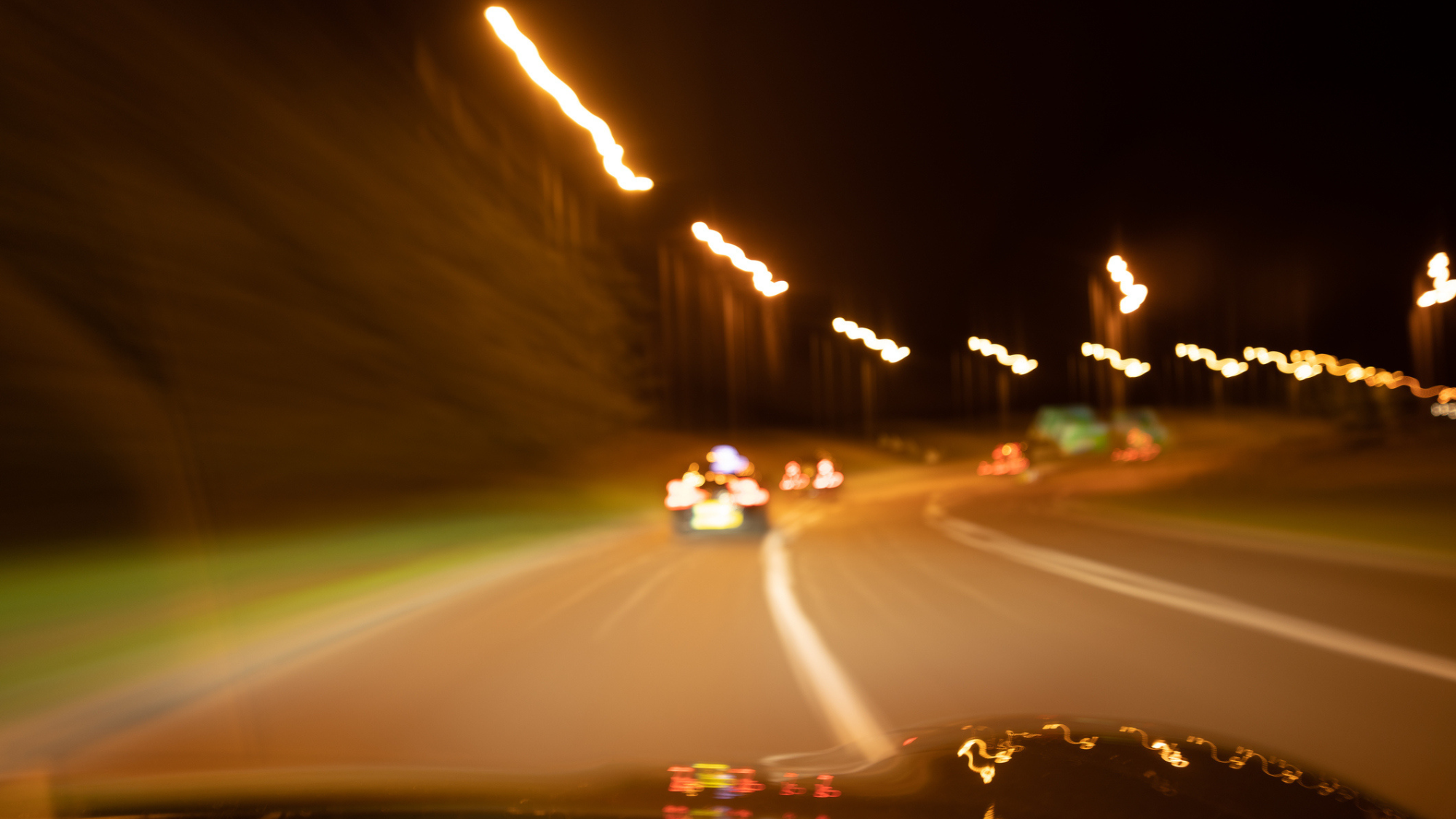The UK's drink-driving problem
Deaths caused by drivers over legal alcohol limit have risen to highest level in 13 years

A free daily email with the biggest news stories of the day – and the best features from TheWeek.com
You are now subscribed
Your newsletter sign-up was successful
The number of fatalities caused by drunk drivers in the UK has reached its highest level since 2009.
The latest figures from the Department for Transport (DfT) showed there were an estimated 300 deaths in Great Britain in 2022 caused by collisions in which at least one driver was over the alcohol limit.
The data "worryingly shows a dangerous upward trend for the second year running", said William Porter, from the road safety charity IAM RoadSmart.
The Week
Escape your echo chamber. Get the facts behind the news, plus analysis from multiple perspectives.

Sign up for The Week's Free Newsletters
From our morning news briefing to a weekly Good News Newsletter, get the best of The Week delivered directly to your inbox.
From our morning news briefing to a weekly Good News Newsletter, get the best of The Week delivered directly to your inbox.
The background
The 1967 Road Safety Act outlawed driving a vehicle with a blood alcohol concentration of more than 80mg per 100ml of blood – a limit that remains in place today in England, Wales and Northern Ireland. The limit is 50mg in Scotland, following a tightening of laws by the devolved government in Edinburgh in 2014.
The UK's first TV advert about drink-driving aired on 7 November 1964 as part of the then newly launched THINK! campaign. The clip was "fairly relaxed" and had "none of the shock tactics, car-crash carnage, gory drama" associated with modern drink-driving ads, said the BBC in 2014, on the 50th anniversary of the ad's release.
Back then, the idea of "one for the road" was widely accepted, said the broadcaster. It was the "social norm" for "pub-going folk to drink and drive", said Gerard Hastings, professor of social marketing at Stirling University. People would "boast about getting away with it", he said. "There was definitely a sense of bravado."
The latest
Five decades on, drink-driving is "viewed largely as morally abhorrent", Hastings said.
A free daily email with the biggest news stories of the day – and the best features from TheWeek.com
Awareness campaigns have helped to change the public's attitude towards drink-driving. On the 50th anniversary of the THINK! campaign in 2014, a survey of 2,000 people in the UK found that 91% agreed drink-drinking was unacceptable, and 92% said they would be ashamed to be caught behind the wheel over the legal alcohol limit.
But the latest DfT data indicates that the number of deaths caused by drink-driving incidents is "back to a similar rate" to the late 1980s, said the RAC's spokesperson, Rod Dennis.
From 2012 to 2022, drink-drive fatalities rose 32% to 300 a year, according to the DfT. Drink-driving accounted for 18% of all road deaths or casualties in 2022, with an estimated 6,800 people injured or killed in a dangerous road incident where at least one driver was above the alcohol limit.
The UK appears to be "bucking the general long-term trend" for safer roads and more responsible driving, said The Guardian. But fatalities are "significantly down on historical highs", said the BBC. "Drink-driving casualties of all severities has 'steadily decreased' over the past decade."
The reaction
The overall number of deaths is now far lower than the final decades of the 20th century, as is the case in many other countries. Still, it's "abundantly clear", said the RAC's Dennis, that a "hard core of people, especially men, continue to put the lives of all road users at risk by choosing to get behind the wheel after consuming too much alcohol".
Drivers "need to be prevented from being able to drink and drive in the first place", he said. There's a "good case" to be made for introducing "alcolocks", which would not allow drivers to start their car without taking a breathalyser test.
Alcolocks, or alcohol interlock systems, are automatic systems that require the driver to blow into a breathalyser fitted inside their car. They "can be adjusted to kick in at different limits", said The Independent, but they "generally mean the vehicle can only be started if no alcohol is detected".
Drink-driving is "selfish and dangerous", said the DfT. There are "strict enforcement and tough penalties in place for those who chose to put lives risk". Penalties for drink-driving include six months' imprisonment, a fine of up to £2,500 and a possible driving ban. Drink-driving also significantly increases a car owner's insurance costs.
The AA's president, Edmund King, said it was "a tragedy" that drink-drive fatalities are "still so high". He has called for "more cops in cars to act as a visual deterrent and more campaigns to show the utter carnage caused by drivers' actions".
Porter, from IAM RoadSmart, said the government should "give serious consideration to reducing the drink-drive limit".
Chas Newkey-Burden has been part of The Week Digital team for more than a decade and a journalist for 25 years, starting out on the irreverent football weekly 90 Minutes, before moving to lifestyle magazines Loaded and Attitude. He was a columnist for The Big Issue and landed a world exclusive with David Beckham that became the weekly magazine’s bestselling issue. He now writes regularly for The Guardian, The Telegraph, The Independent, Metro, FourFourTwo and the i new site. He is also the author of a number of non-fiction books.